A starting gold 5e guide can let you know exactly where you stand financially right from the get-go. Starting gold can make or break a D&D campaign, depending on where the DM sets the story.
Most DMs won’t have starting gold play a big role. But there are a few that will focus on it, throwing expensive inns into a town as the only place to stay. This is rare, though, so I wouldn’t pay too much attention to the starting gold.
The general range for starting gold is quite large for early games. Some may start with 5gp while others with 200gp. It all depends on the class, background, and method you and your dungeon master choose.
Summary of Starting Gold 5e
- There are two ways to determine starting gold in 5e – randomly or by background + class gold
- You cannot use both methods and stack the gold. The DM can either tell you which to use, or you can choose if that’s okay with them
- The classes with the most starting gold in 5e are the Bard, Cleric, Fighter, Paladin, and Ranger (each with an average of 125gp)
- The lowest starting wealth belongs to the Monk, who gets an average of 12.5gp, ten times less than the classes above
What Decides 5e Starting Gold?
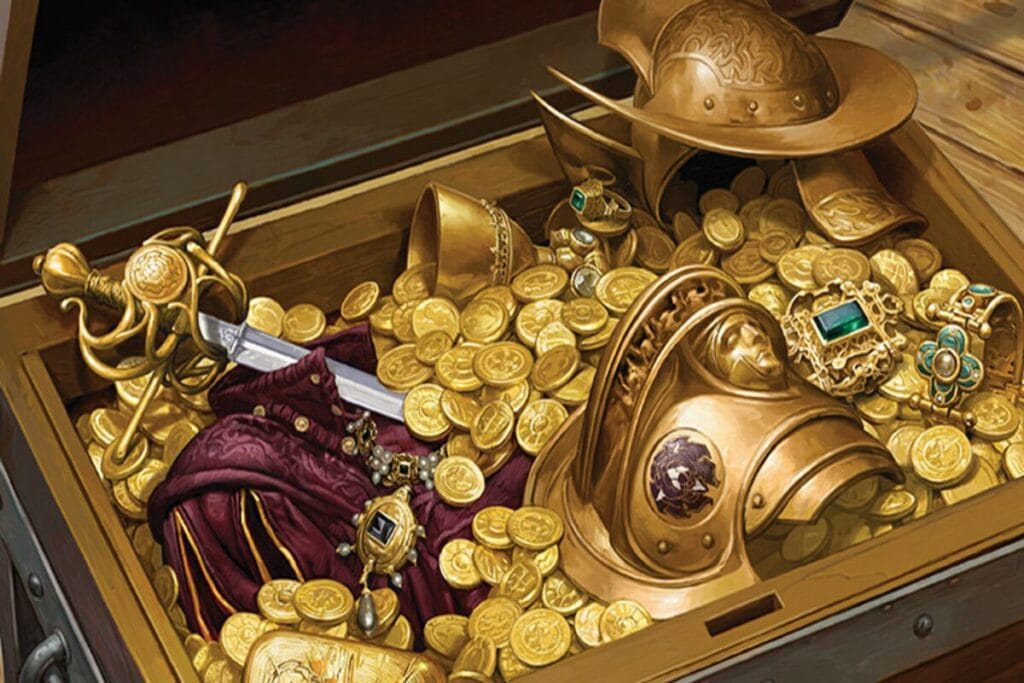
The two ways to decide to start gold in Dungeons and Dragons 5e are by class and background or by rolling randomly. Of course, other ways use the DM’s input, but these are the standard methods.
Now, each class doesn’t start with gold, but each class has several dice to roll to get a random amount of gold in exchange for starting equipment. If you choose to keep the equipment, then you only get the gold from your background.
While there are two canon ways to decide starting gold, there is a third option. The third option is your dungeon master decides how much gold you get. This usually is a random number, or you all get the same amount of gold.
This makes sense if you’ve been adventuring together for a while. Most parties split their gold evenly. So if you each have the same amount of gold at the start, it just means you’ve split the earnings that you worked together to acquire.
Starting Gold By Class
| Class | Starting Gold | Minimum | Maximum | Average |
| Barbarian | 2d4 x 10 GP | 20gp | 80gp | 50gp |
| Bard | 5d4 x 10 GP | 50gp | 200gp | 125gp |
| Cleric | 5d4 x 10 GP | 50gp | 200gp | 125gp |
| Druid | 2d4 x 10 GP | 40gp | 80gp | 50gp |
| Fighter | 5d4 x 10 GP | 50gp | 200gp | 125gp |
| Monk | 5d4 GP | 5gp | 20gp | 12.5gp |
| Paladin | 5d4 x 10 GP | 50gp | 200gp | 125gp |
| Ranger | 5d4 x 10 GP | 50gp | 200gp | 125gp |
| Rogue | 4d4 x 10 GP | 40gp | 160gp | 100gp |
| Sorcerer | 3d4 x 10 GP | 30gp | 120gp | 75gp |
| Warlock | 4d4 x 10 GP | 40gp | 160gp | 100gp |
| Wizard | 4d4 x 10 GP | 40gp | 160gp | 100gp |
If the DM says it’s cool, then you can exchange your starting equipment for gold using this chart. If you want to make the most out of your equipment in the long run, then don’t do this.
Instead, sell the equipment you don’t want in-game. This is typically more profitable. However, since you’ll probably gain more gold than you start within a session or two – depending on the DM – I’d keep the equipment either way.
Trust me, starting the game with gold yet no shirt on your back can be brutal. The DM may even allow a session one death – depending on who the DM is and how they roll with unconventional players.
Starting Gold 5e via background
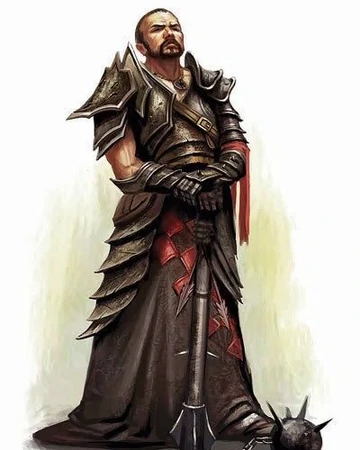
Each background has a different starting gold. I believe talking about starting gold that homebrews have would be futile as there are too many to list, but these base backgrounds each have a starting gold listed.
You can usually add the class starting gold to your background starting gold. The background starting gold isn’t much at all, so adding it isn’t a big deal and likely won’t affect the outcome of your first session.
Note: Player’s Handbook only backgrounds
| Background | Starting Gold |
| Acolyte | 15gp |
| Charlatan | 15gp |
| Criminal/Spy | 15gp |
| Entertainer | 15gp |
| Folk Hero | 10gp |
| Gladiator | 15gp |
| Guild Artisan/Merchant | 15gp |
| Hermit | 5gp |
| Knight | 25gp |
| Hermit | 5gp |
| Pirate | 10gp |
| Outlander | 10gp |
| Sage | 10gp |
| Soldier | 10gp |
| Urchin | 10gp |
This may be a better option for most players. For example, the Monk can start out with an average of 13gp if they don’t start with equipment. However, the shortsword alone is worth 10gp.
All 12gp for the Dungeoneer’s Pack, and you are already higher than the max starting fold for the Monk. This may not work with all classes, but it does most of the time. That said, it isn’t always ideal.
You have the items you start with for a reason. If you have great Charisma, the first thing you can do is go to a shop and sell your stuff to buy only the essentials. But if the DM starts you out outside of town, this can backfire.
Starting with Silver, Copper, or Platinum
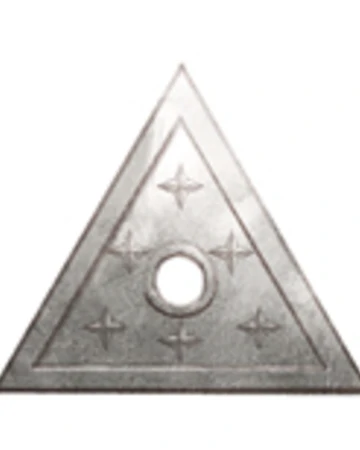
Starting the game with platinum can happen since one platinum piece is ten gold pieces. If you would normally start out with 100 GP, the DM may allow you to start with ten platinum instead.
It makes sense to start with platinum for less weight, but it makes paying for things difficult. Most inns only use silver and copper, so it would be futile to have platinum unless you’re buying nice gear.
Then, when it comes to silver and copper instead of gold, it also makes sense because you need these currencies the most. I can imagine using it in the backstory as well – a character that refuses to use anything but copper.
I love interesting quirks like this. Lugging around thousands of gold coins is no fun, but lugging around tens of thousands of copper pieces is even less fun. But if it’s all for the sake of roleplay, then I dig it.
Making Gold in DnD 5e
Your starting gold may be decided by your “class,” but it won’t define your social class. There are ways you can make gold right from the start, and it all depends on your approach to the game.
Now, adventuring is the number one way to make gold. This could be via bounties, royal quests, or raiding dungeons. But everyone knows about these, and they are generally railroaded. They aren’t the only means to make gold.
Fighting – Gladiator Style
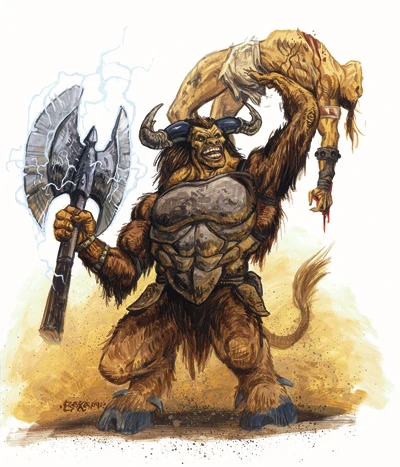
Fight pits are a great way to make money in Dungeons and Dragons. You may think that only Fighters or Barbarians would be successful but think about that for a minute.
Even if you can’t use magic, any class would likely tear a random street fighter apart. You may be level 1, but you’re still an adventurer. Party members are not your average citizens.
Using Your Craft
If you’re a member of an artisan’s guild or something similar, then you already have a craft you can use to make money. If you’re not, then you have to get creative. For example, let’s say you’re a typical Rogue.
You may not have a specific craft at first glance, but there’s a lot you can do with lockpicking. Or perhaps you’re just a Druid who can sell some really tasty good berry wine in bulk.
Gambling
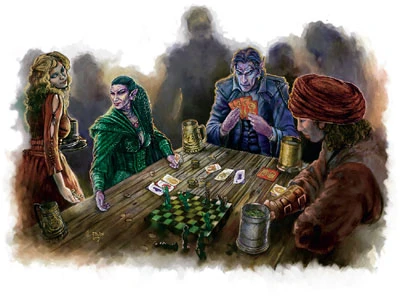
Gambling is an easy way to make money if you get lucky or if you have good Sleight of Hand. The latter requires some cheating. If you’re okay with that, then you can make a lot of gold coins at the right table.
But if you want to refrain from cheating, you’ll have to get lucky. Bards can get lucky, but they have to do so by finding a way to make an ability check. That said, if you have proficiency with cards or dice, you can use the bonus.
Entertaining
Bards are the ideal class for this, but anyone with high Charisma can succeed in making dough this way. All you have to do is play an instrument, sing, or street perform in another way.
Ideally, you can get gigs at the palace, so you don’t have to rely on tips. These gigs are usually flat-rate gigs where you can make a ton of gold each night. The more renowned you get, the more gigs you’ll pick up.
Buying (or Stealing) and Selling Goods
I prefer to buy and sell goods, but if you have good Sneak and Sleight of Hand skills, you can steal. Stealing is much better profit, but it’s also more dangerous. I prefer the Charisma route.
Use Persuasion to barter with shopkeepers. Then, sell what you get with a markup in a different town. It may not be easy to make money back quickly – especially if you steal – but over time, you can make loads this way.
Teach or Tutor
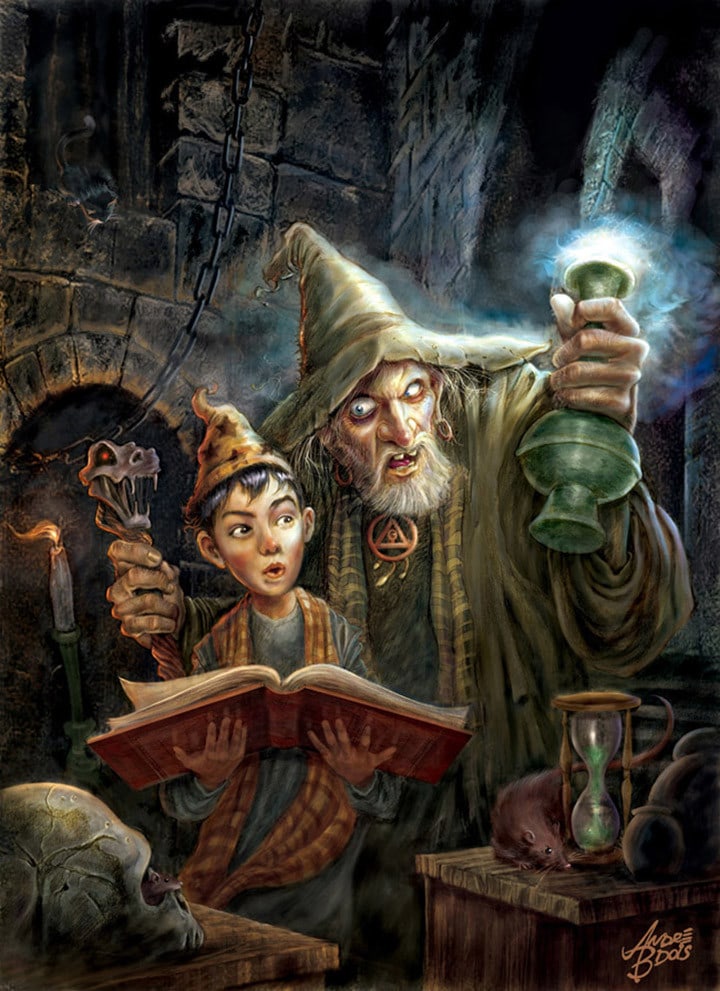
There is no limit to what you can teach in DnD. If you know how to do it – without innate powers – then you can teach it. You can either tutor one-on-one, or you can teach classes.
You can teach fighting techniques, potion-brewing, or anything else you can think of. I’d choose a few options so that you can always find students and pick which pays the best.
Farm – The Old-Fashioned Way
I don’t mean farm monsters. I mean farm animals and produce. Produce will be hard to make much off of, but if you can start a sheep farm, you can hire someone to shepherd it and check back regularly.
That way, you can get mutton, hoofs, and wool to either use or sell. While it won’t be your primary source of income, it’s never a bad idea to start your own business that runs itself.
Party
By party, I mean host them, not attend them. Choose a busy city and host a bomb party that people are aching to attend. Have an entry fee that is enforced by your Barbarian friend.
This can be done in any city; of course, make sure that it is hype enough to entice NPCs. You can have your most charismatic party member invite people – making each attendee feel special.
FAQs
Question: Does Starting Gold 5e Matter?
Answer: In most cases, no, it doesn’t matter. It can if everything lines up perfectly, but most of the time, you can double your gold in one session if your focus is to make more gold.
Question: Who Gets the Most Starting Gold 5e?
Answer: If you want the most starting gold possible, choose Bard, Cleric, Fighter, Paladin, or Ranger for your class. Stack that with Knight background for an easy 150-plus starting gold.
Question: How Much Starting Gold Should I Have in 5e?
Answer: Although it varies, each player should have around 50gp to start with. This can be less or more, but it’s a good gauge if you decide to give everyone the same amount of gold.
Question: How Much Starting Gold for Higher Levels in 5e?
Answer: The Player’s Handbook doesn’t outline this, so DMs have been making it up. You can start with the same amount regardless or do a multiplier depending on your class and background, starting gold at level 1.
Question: How Much Starting Gold Does Artificer Get?
Answer: So, the Artificer doesn’t have a defined starting gold in 5e. Most DMs end up using the same method that the Wizard uses as it’s a good average, with 4d4 X 10gp being the random amount.
Does Starting Gold in 5e Matter?
In the end, starting gold won’t make a huge impact on how your game goes. You can quickly make just as much as the highest character starts out with, even if you are a poor Monk.
The need for gold doesn’t even appear for a while in most campaigns. All you need is a silver piece or two, and you can get yourself room and board. Anything else is a luxury for a few levels.
I prefer to focus on making gold after the campaign starts. Sure, starting gold can buy you a weak potion, but the real gold starts coming in once you start adventuring. In D&D, you choose your path.
- Augury 5e Guide – The Vaguest and Coolest Cleric Spell - September 5, 2022
- Roc 5e Guide – The Big, Dumb Bird You Don’t Want To See - September 5, 2022
- Best Drow Name Ideas – From Alvin to Sânziana - August 30, 2022

